Linux or Android - which is better on TV?
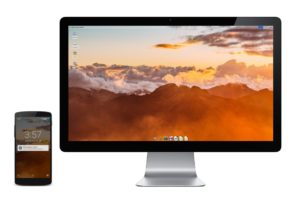 Televisions have long ceased to be a simple screen for broadcasting images from an antenna. Now they are a rather complex and multifunctional device. For a long time now, you can view various websites on TV, play publicly available videos, and even play games. To achieve this, almost all modern TVs have Smart TV technology. This technology is based on existing OS. These can be either existing operating systems or manufacturers’ own developments. Of the most popular operating systems, two can be distinguished: Linux and Android.
Televisions have long ceased to be a simple screen for broadcasting images from an antenna. Now they are a rather complex and multifunctional device. For a long time now, you can view various websites on TV, play publicly available videos, and even play games. To achieve this, almost all modern TVs have Smart TV technology. This technology is based on existing OS. These can be either existing operating systems or manufacturers’ own developments. Of the most popular operating systems, two can be distinguished: Linux and Android.
The content of the article
Linux OS
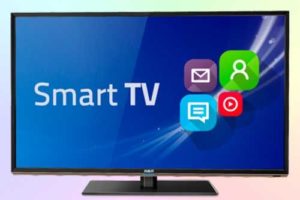 This operating system for Smart TV is a remake of the OS of the same name for PCs. Sony's development allows you to watch videos and surf the Internet with high quality. It is also possible to install additional applications from the available directory. The downside is that, unlike a similar system on a PC, this OS does not have the same flexibility. On such a Smart TV you cannot install third-party applications and various extensions not provided by the developer. There is also a problem with updating applications. However, this can also be a plus, since closed code allows you to protect users from various kinds of interventions and risks of incompatibility and incorrect operation.
This operating system for Smart TV is a remake of the OS of the same name for PCs. Sony's development allows you to watch videos and surf the Internet with high quality. It is also possible to install additional applications from the available directory. The downside is that, unlike a similar system on a PC, this OS does not have the same flexibility. On such a Smart TV you cannot install third-party applications and various extensions not provided by the developer. There is also a problem with updating applications. However, this can also be a plus, since closed code allows you to protect users from various kinds of interventions and risks of incompatibility and incorrect operation.
Android OS
This system is the most popular because it is easy to learn and universal. On a TV with this OS you can install almost any application and run many games.The list of applications is the same as on modern smartphones. Both operating systems are almost the same and are interchangeable.
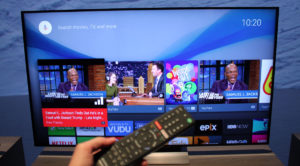 The downside may be certain risks that arise if the user decides to install applications from third-party developers. And, although the system warns about possible instability when installing applications not provided by the manufacturer, users often carry out this procedure and encounter various kinds of difficulties.
The downside may be certain risks that arise if the user decides to install applications from third-party developers. And, although the system warns about possible instability when installing applications not provided by the manufacturer, users often carry out this procedure and encounter various kinds of difficulties.
Android OS is an open source system, which creates a lot of opportunities for attackers. Installing third-party applications may result, at best, in the fact that the installed option will not work correctly or will not work at all. In the worst case, the TV may simply turn into a “brick”, losing its functionality. In this situation, only the help of specialists can come to the user’s aid.
What's better?
Both Linux and Android systems provide the user with a lot of possibilities, turning the TV into a kind of computer with a lot of options. When choosing a TV OS, the user should decide what is more important to him: versatility or reliability.
Android OS provides the owner with much more opportunities than Linux, however, these opportunities are accompanied by risks, especially for users unfamiliar with the world of technology. Linux on a TV, in turn, allows the owner to enjoy all the main advantages of Smart TV, without the risk of picking up malware or damaging the TV. However, many features are limited by developers, and some options are not available to users of this particular operating system.
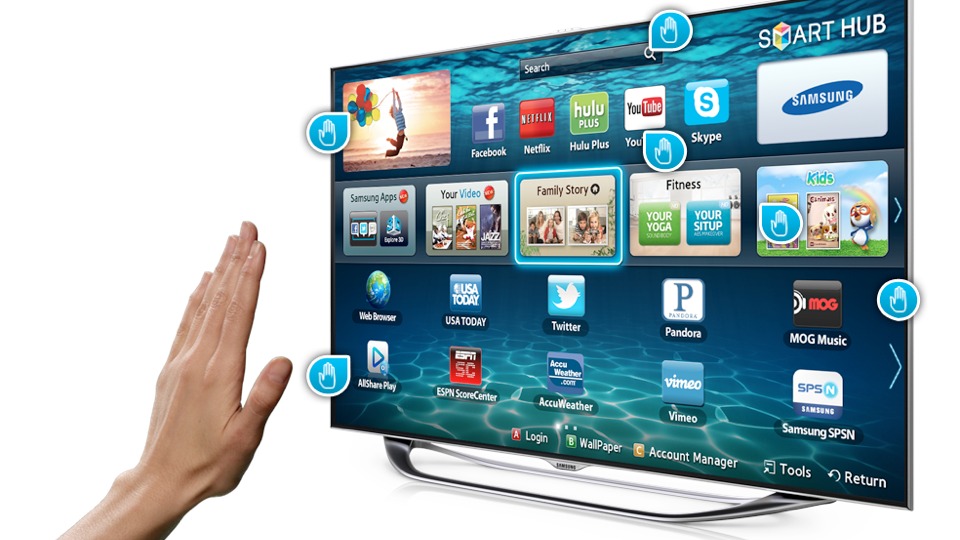
And about the security of closed code is nonsense - unless, of course, the author considers his relatives to be attackers, because Sony has also repeatedly shown itself to be an attacker precisely with the help and for the sake of secrecy - and has lost in court.




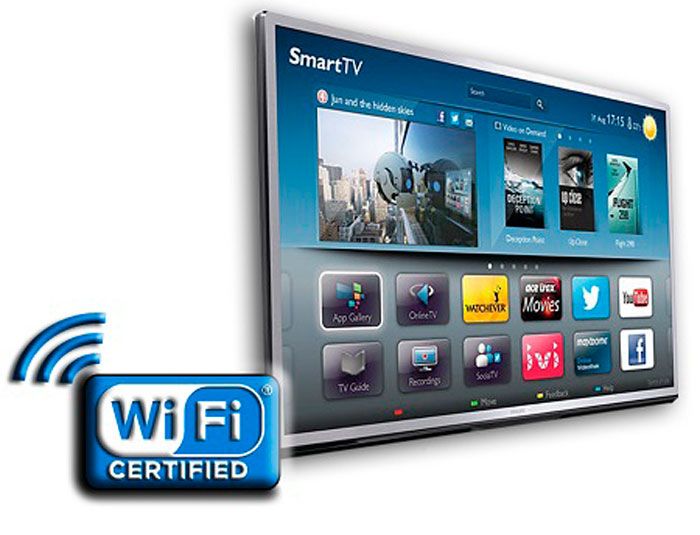
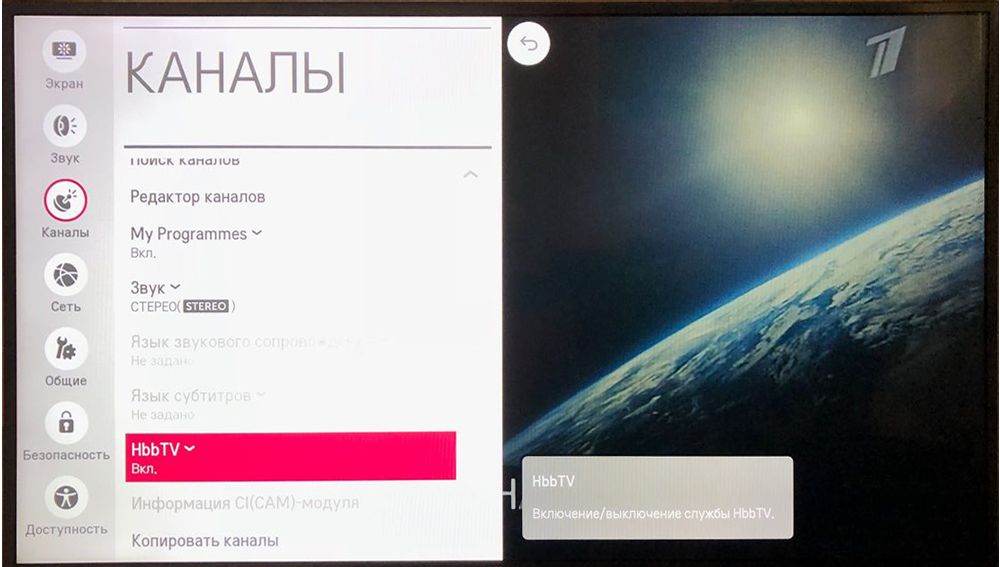
Of the most popular operating systems, two can be distinguished: Linux and Android. - There is no point in reading further!
Android, like webOS, Tizen, and many others, are Linux shells. And comparing which Linux is better somehow smacks of incompetence in this area.